Eric Oswald Stork ’50
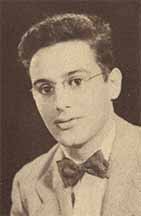
Eric Oswald Stork ’50, February 2, 2014, in Arlington, Virginia, from kidney failure.
A brilliant and controversial bureaucrat, whose stand on motor vehicle emissions made him a “thorn in the auto industry’s flesh,” Eric Stork defied stereotypes and faced career challenges with integrity and vision.
He was born in Hamburg, Germany, sent to Britain as a child, and at age 13 came to the United States, settling in Washington state. After serving in the army, he studied at the University of Washington for two years before transferring to Reed, where he earned a BA in political science, writing his thesis on the Pacific Northwest Field Committee of the Department of the Interior. His years at Reed were an enjoyable and positive experience, he said. “Being young, being out of the army, working hard at my studies and at various jobs to pay the bills, and associating with fascinating people whom I recognized to be a lot smarter than me.” At Reed, deliberating on his future, he determined that the most significant changes in his life would come from decisions made by the federal government. If he wanted to make a difference, to “make a dent,” he said, he would need to enter government service, “where the dents are made.”
After Reed, he earned an MS in public administration from the Maxwell School in Syracuse, New York, then entered the federal government through an elite junior management assistant program. One year later in Washington, D.C., Eric met Dorothy (Dottie) Sams; they were married in 1953 and raised four children. To develop expertise in diverse areas during his 28-year career, Eric accepted positions in several federal agencies, including the interior department and the Bureau of Indian Affairs. He joined the Federal Aviation Administration and the Food and Drug Administration, where he became deputy director of regulatory compliance. He also was a budget analyst with the U.S. Information Agency. It was “grubby work,” but valuable. “Those people who were in budget were always saying ‘you must’ and ‘you can’t,’” he told the Washington Post in 1978. “I knew they were lying, but I didn’t know why, so I figured I’d better learn it.”
In 1968, he took a midcareer break at Stanford University and then joined the Environmental Protection Agency (EPA). For the next eight years, he directed the motor vehicle air pollution control program. “Our mission was to develop and establish emission standards, test new vehicles for compliance, and perform related activities like fuel economy testing. That highly controversial job was the most fun I had in my professional life.” In 1973, the Detroit Free Press wrote about a debate between Charles Heinen, Chrysler’s auto pollution control engineer, and Eric (“generally stingy with his words, he thinks carefully before talking”) on the topic of the emission control device, or whether an automobile pollutes or runs efficiently. Eric sent a copy of the article to Prof. Dorothy Johansen ’33 [history 1934–84] along with the remark: “This sort of describes the work I’m in. The reporter has me about 10 years older than I am—that would mean that I was born before my mother was married; no wonder the auto industry sees me as such an inexorable bastard.” In 1976, the Oregonian quoted Eric as saying that the real challenge to automotive air pollution control was to find a way to keep cars properly adjusted throughout their “useful lives,” rather than requiring that cars be built clean. Eric saw federal regulations on this issue as imminent, and believed that intelligent regulations were necessary to achieve social goals such as clean air and food, safe drugs, and job safety. “Right now everybody condemns regulations as bad, and I think that’s a terribly naive point of view,” he told the Post. “In our day and age complete laissez-faire is just impossible.” Without an intelligent system of federal regulations, Eric noted, every essential thing would be managed centrally, leading to statism.
With the advent of the Carter administration and a newly appointed head of the EPA who differed from Eric in his approach to regulations, Eric was fired in 1978. Eric wrote to Reed, “I’m really not bitter about being fired from this job. For the past eight years I’ve had more personal impact and more visibility, and thus more fun, than any other civil servant I know. It’s been a one-and-a-half-million kind of federal assignment, one in which I never thought I’d survive even a year. Since everything in this world must come to an end, I’ve long been prepared in my mind for being asked to step down.” His reaction to the news was exceptional. “That’s not the way bureaucrats are supposed to operate,” reported the Post. “ He’s just a professional bureaucrat, one we’ve been exceedingly lucky to have around.” Through the Intergovernmental Personnel Act, Eric accepted a two-year visiting fellowship in interdisciplinary engineering studies and public policy at Purdue University. During this time, he received invitations from Australia, Brazil, Mexico, and Sweden to assess their auto emission control programs and to attend conferences.
Eric retired from federal service in 1980 and worked as an independent public policy consultant on motor vehicle emission and fuel economy matters for nearly a decade. He then entered a 17-year second career as an independent consultant on auto emission and fuel economy, traveling to all 50 states and to all continents but Africa, and retiring finally in 1997. Of his retirement, he wrote, “I greatly enjoy the luxury of being able to spend or waste my time as I please without feeling guilty for failing to meet obligations to organizations or clients.” He and Dottie enjoyed life with their children—Nancy, Judith, Kevin C. ’89, and Elle—six grandchildren, and four great-grandchildren. All survive him, as does his sister. Eric and Kevin established the Eric Stork and Kevin Stork Scholarship at Reed in 2002.
Appeared in Reed magazine: June 2014
comments powered by DisqusFrom the Archives: The Lives they Led
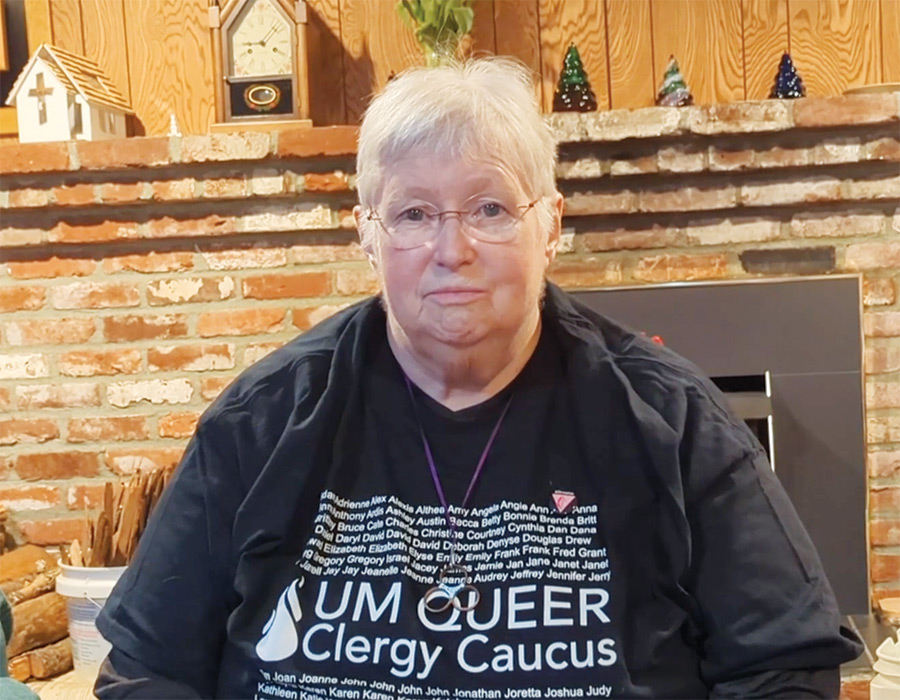
Jeanne Knepper ’69
The First Openly Gay Woman to Be Ordained and Appointed Within the Oregon-Idaho Conference of the United Methodist Church
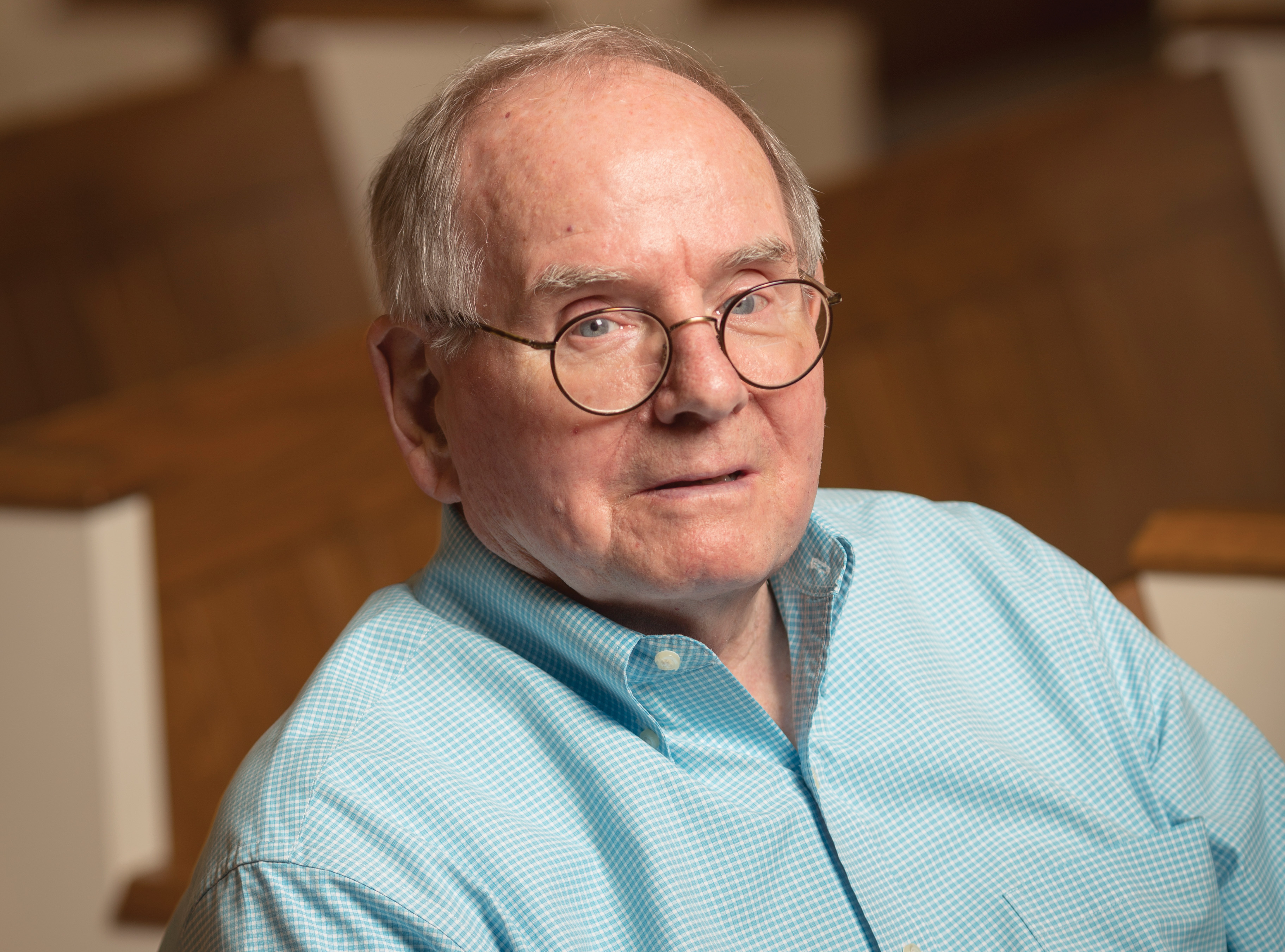
William Haden
As Acting President of Reed, He Strengthened the College's Finances and Alumni Relations
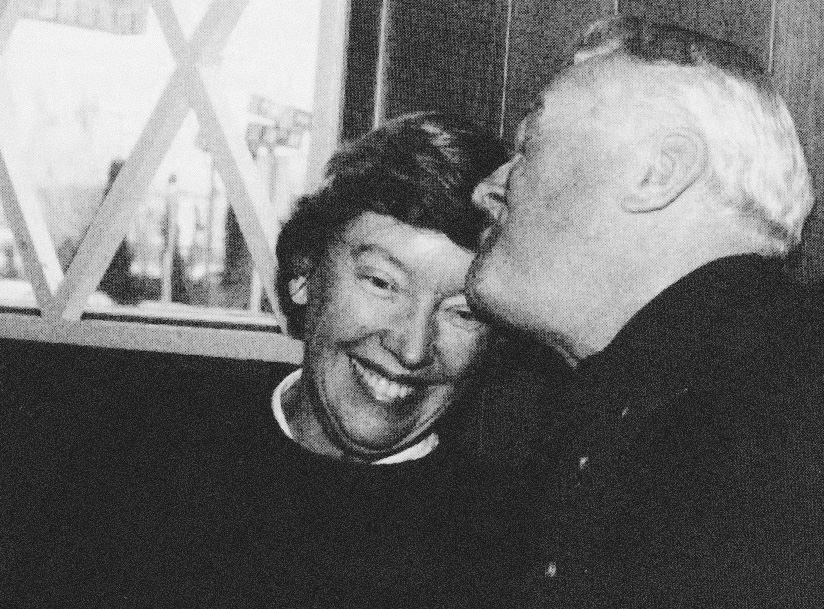
Nancy Horton Bragdon
Reed’s First Lady Whose Warmth and Leadership Were Invaluable During a Turbulent Time


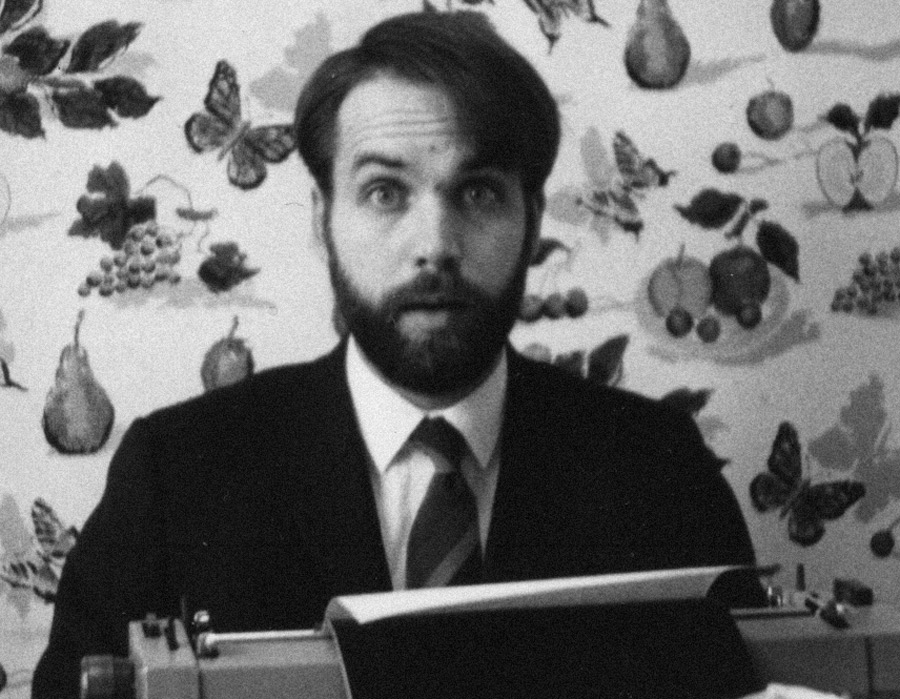
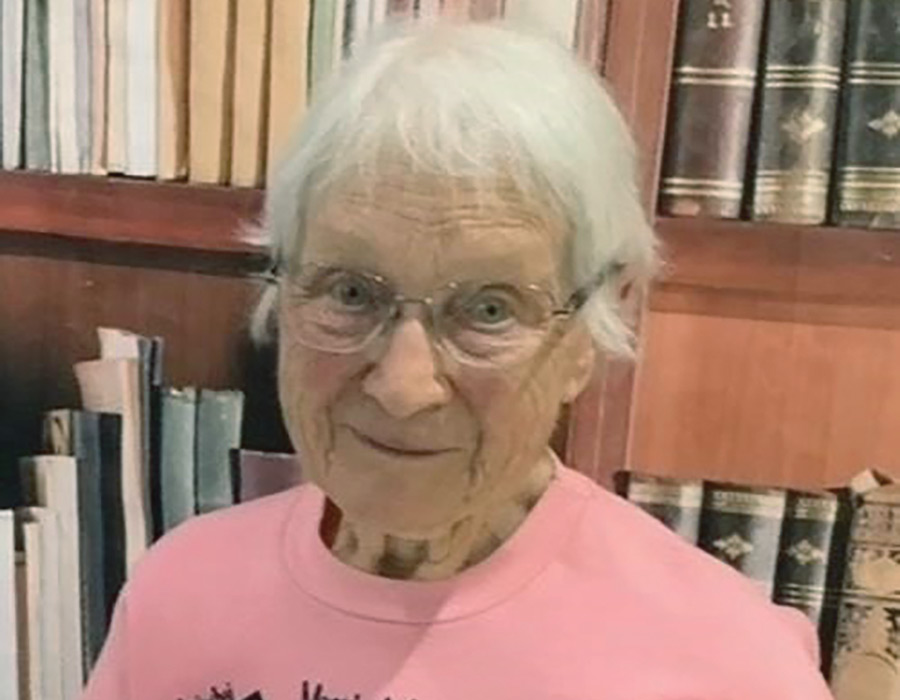


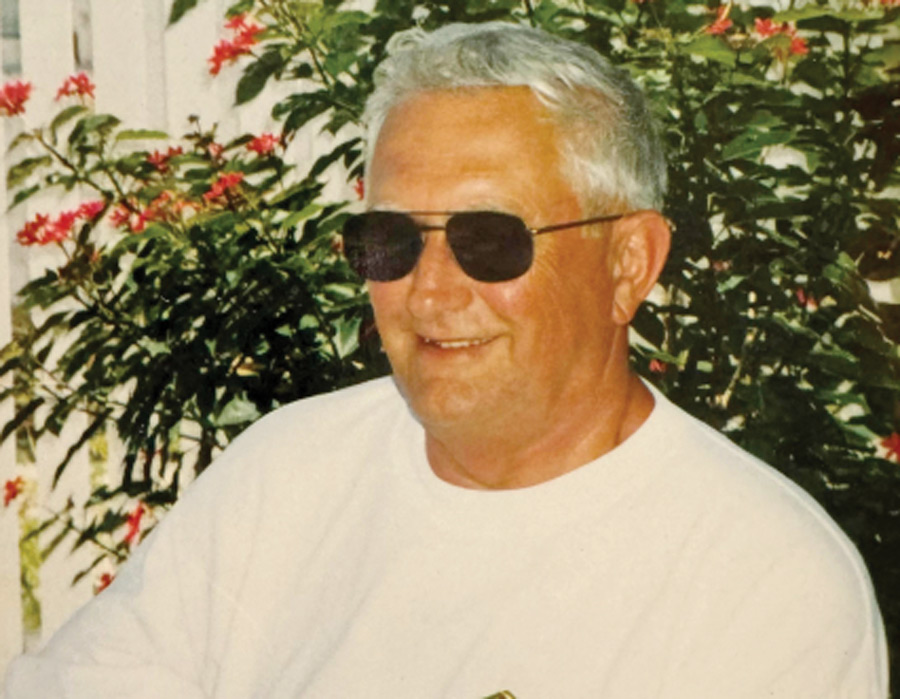

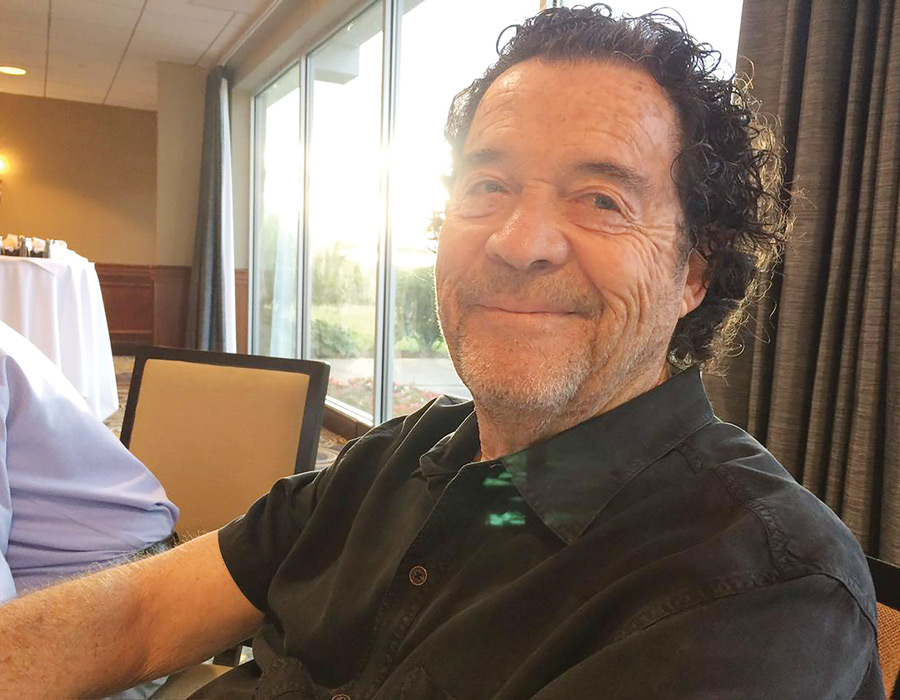
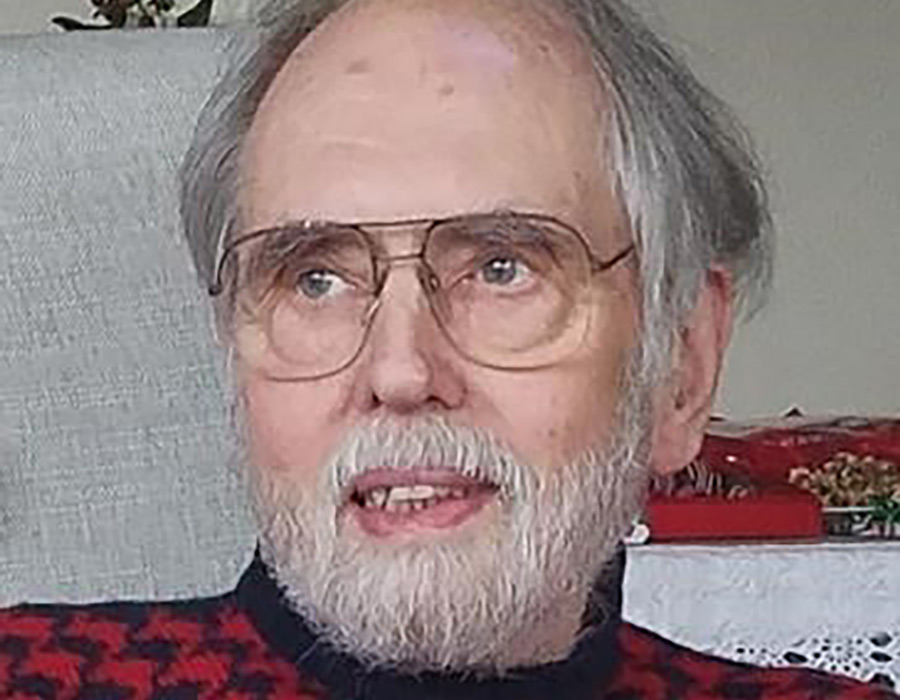

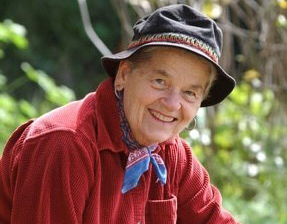
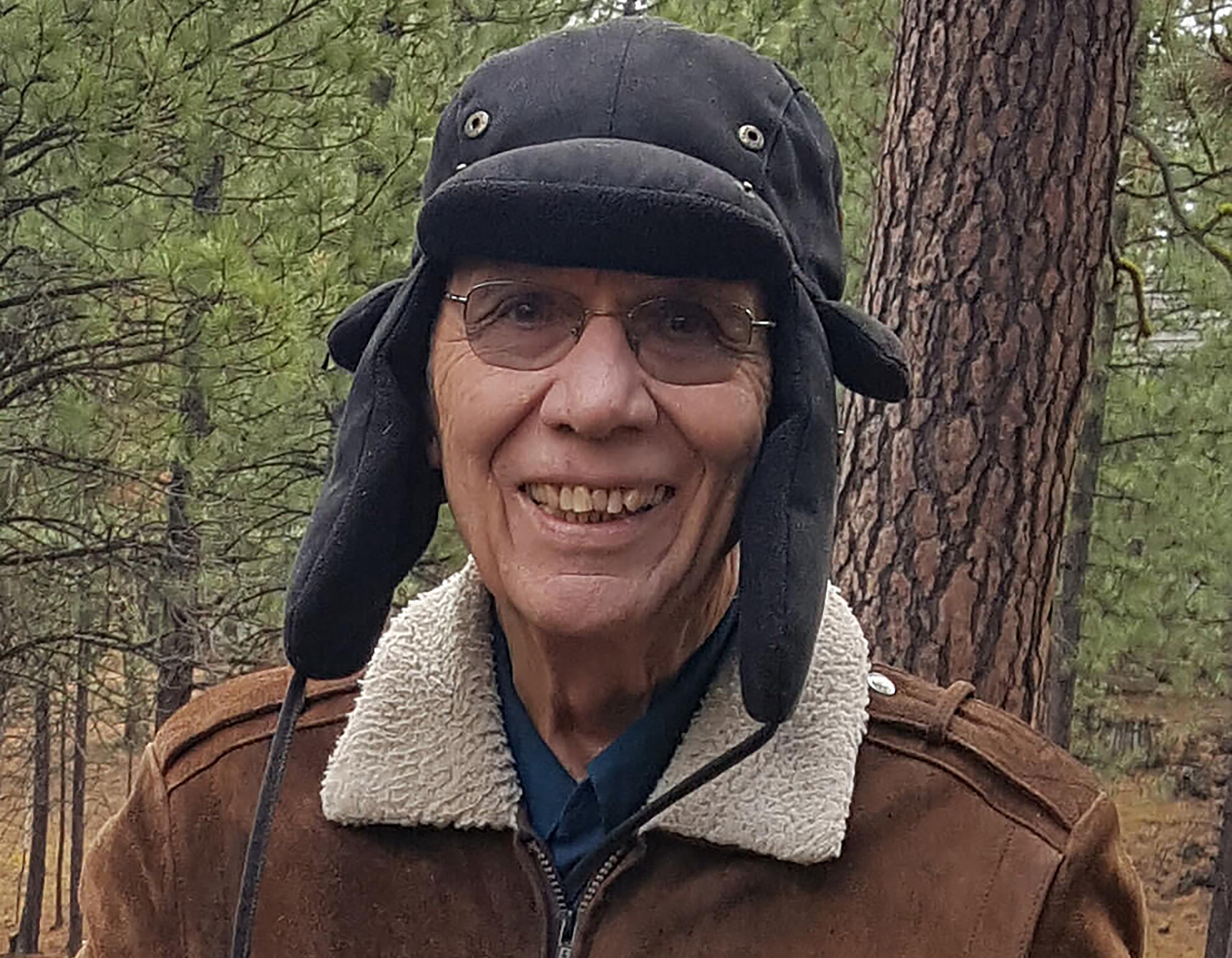
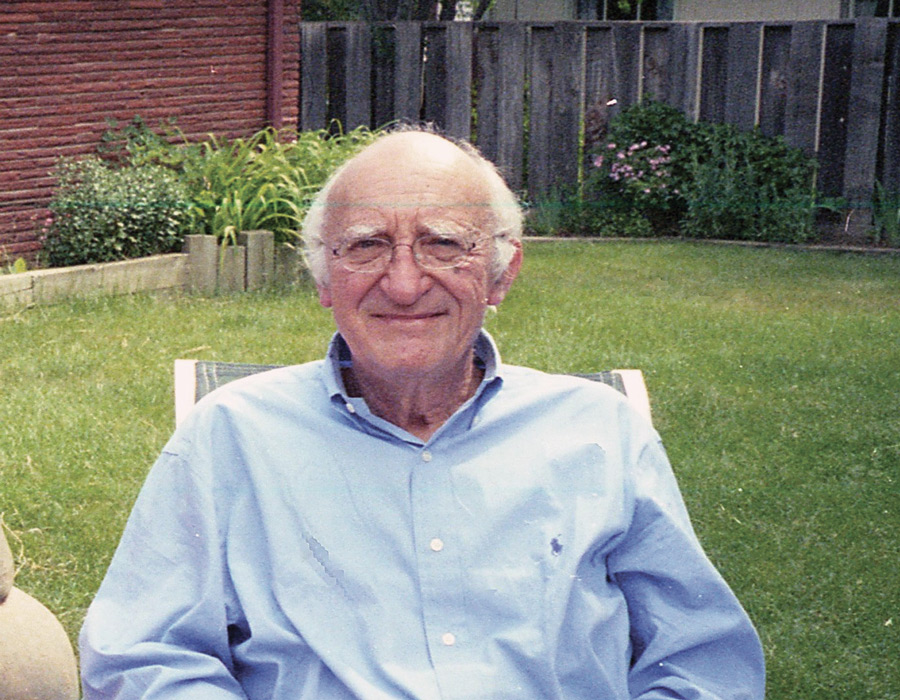
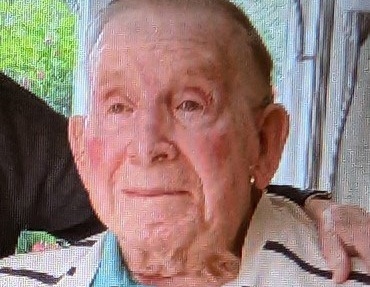
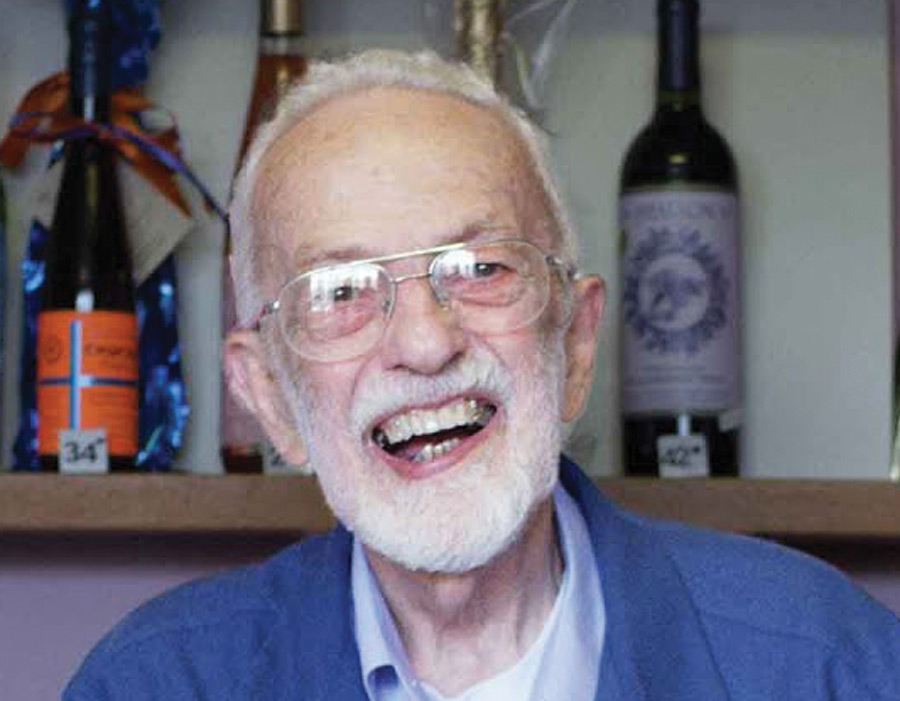
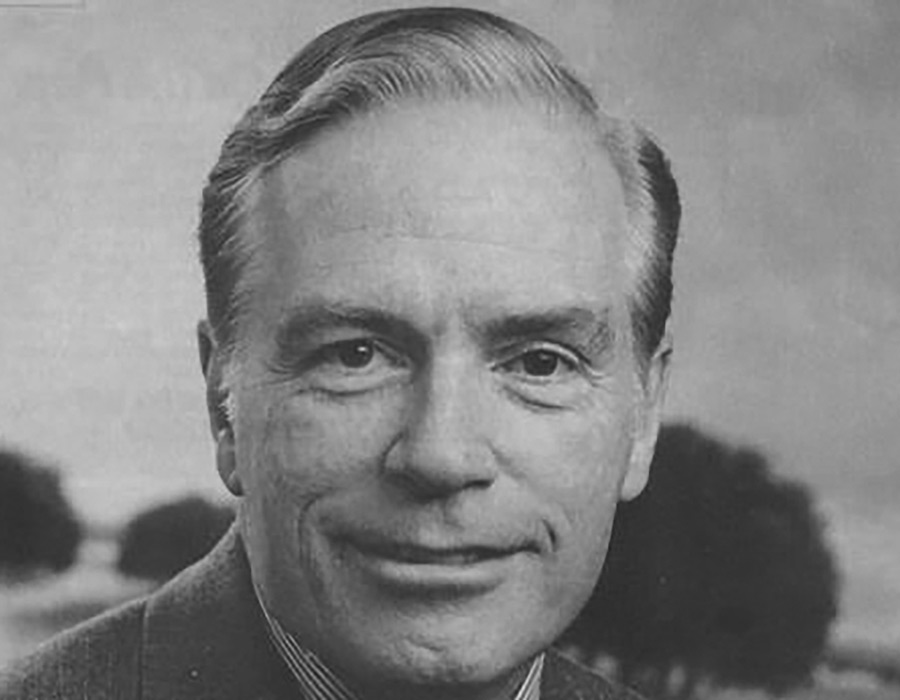
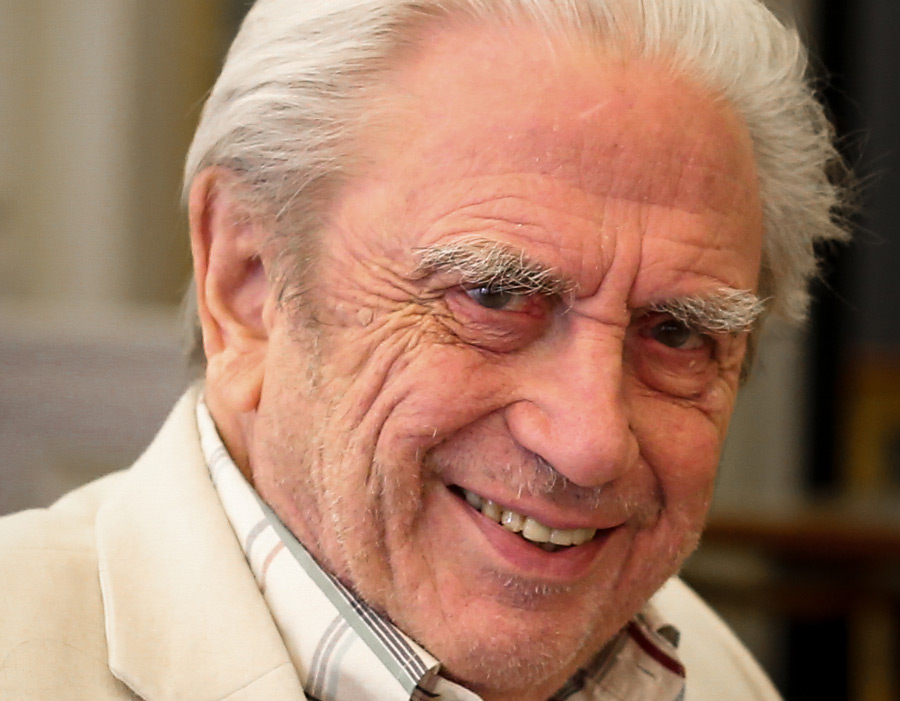
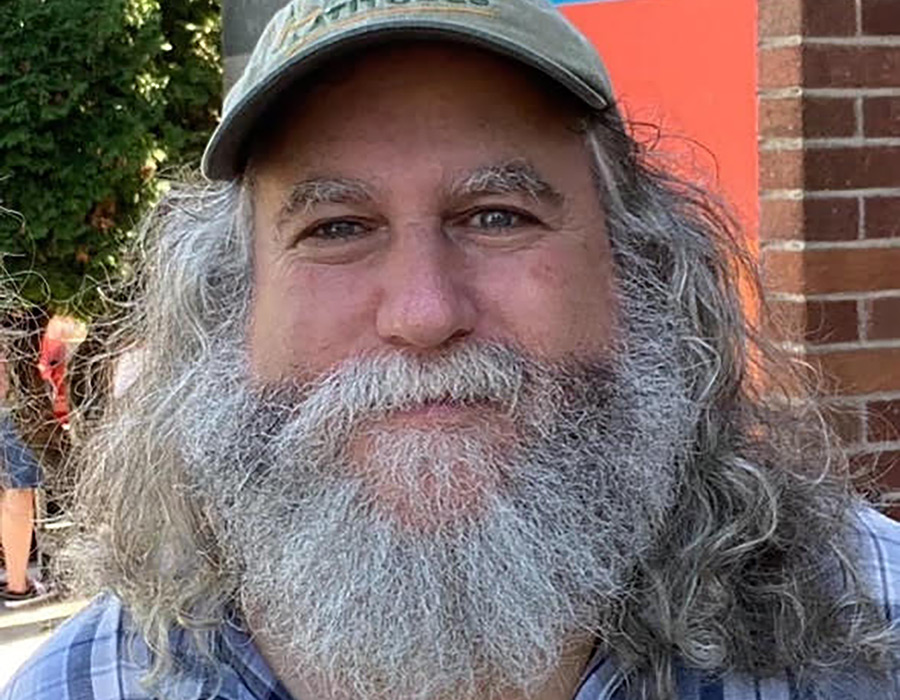



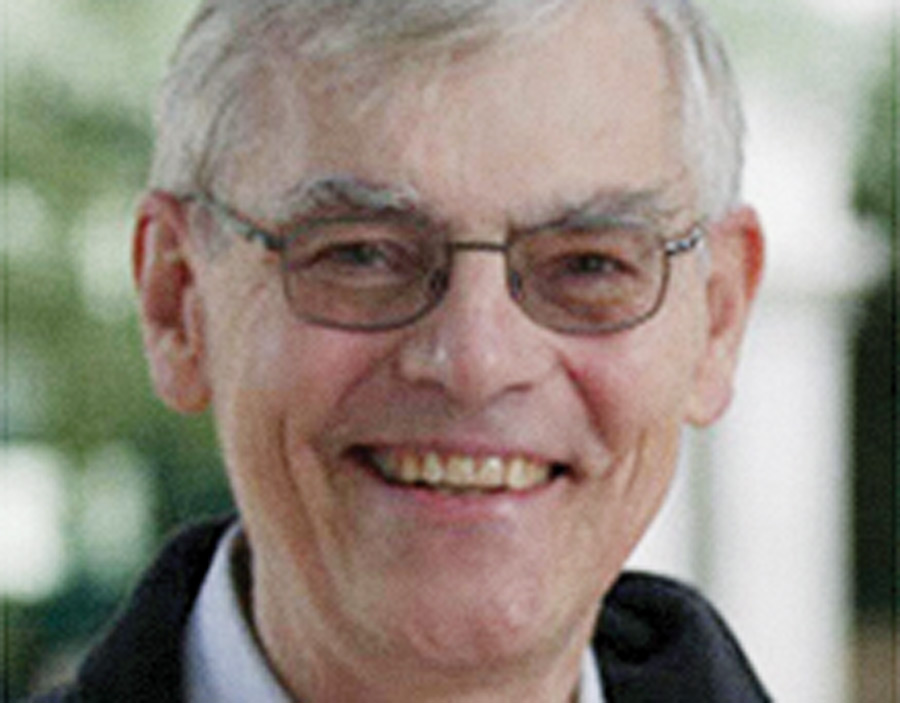

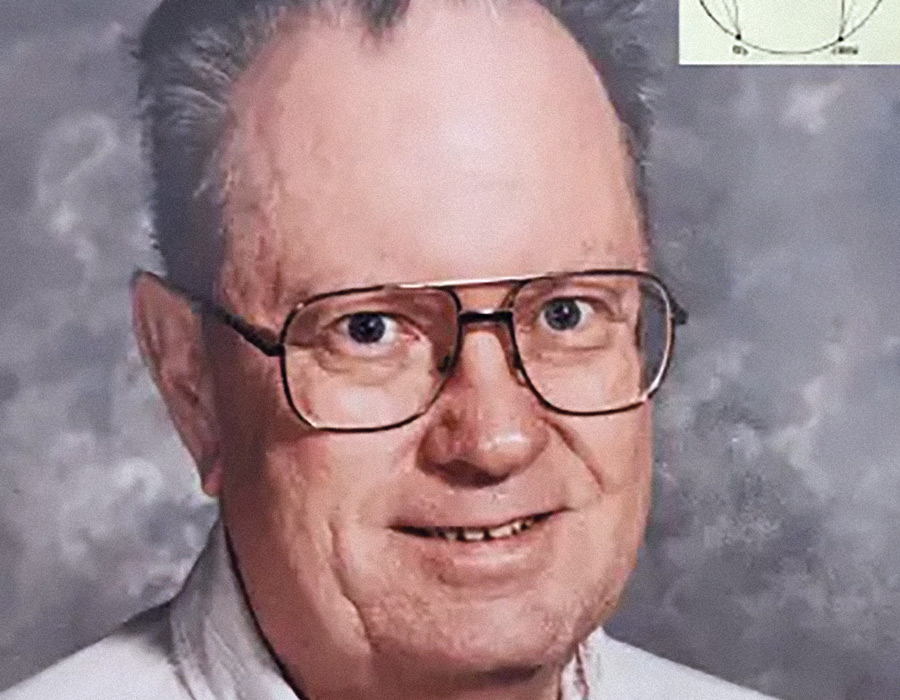
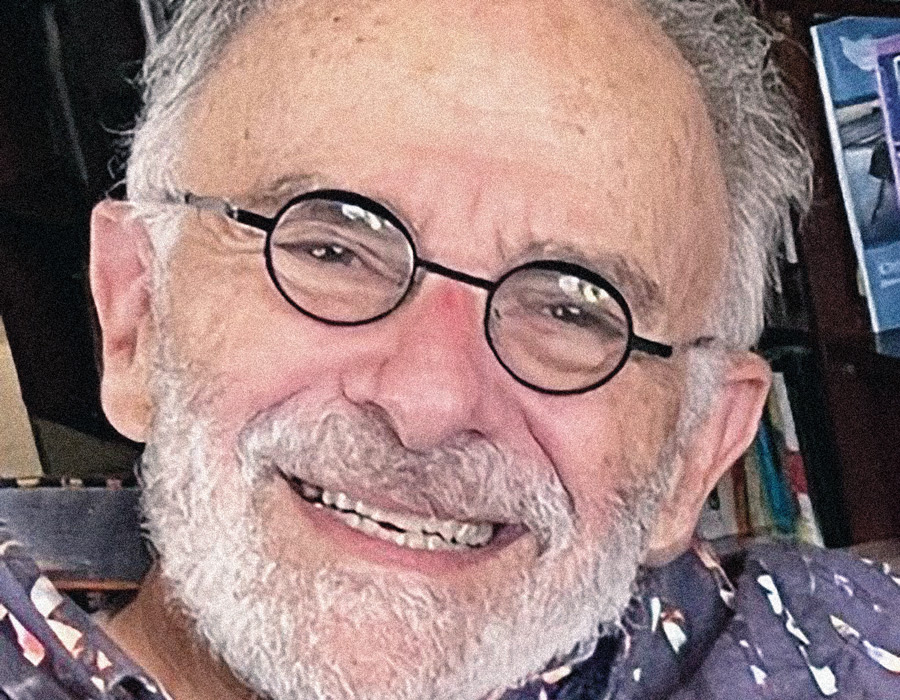
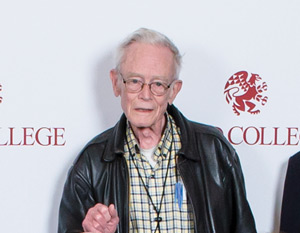
![Photo of Prof. Laurens Ruben [biology 1955–92]](https://www.reed.edu/reed-magazine/in-memoriam/assets/images/Larry-Ruben-copy.jpg)
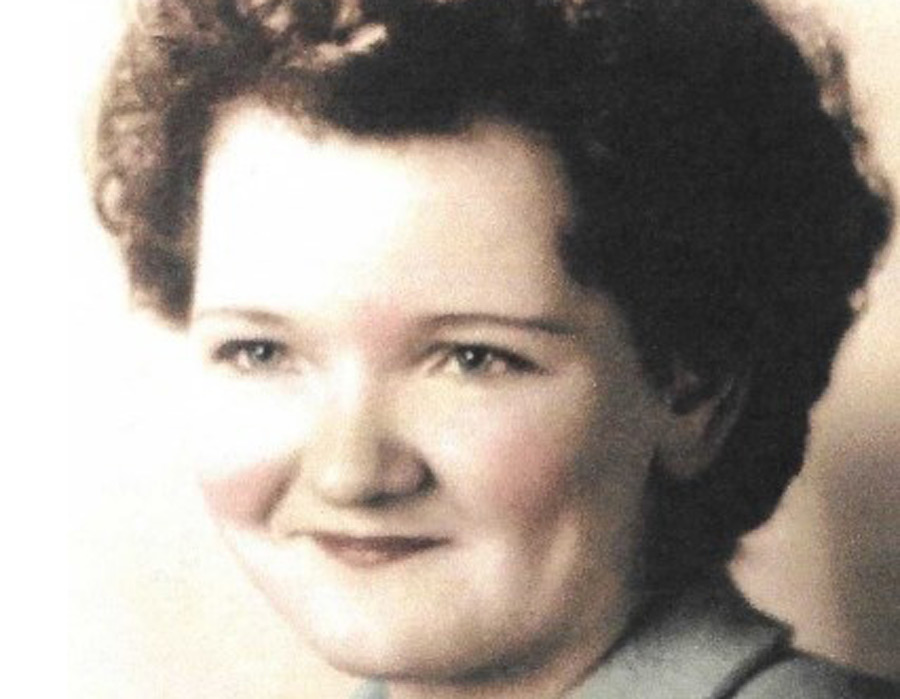


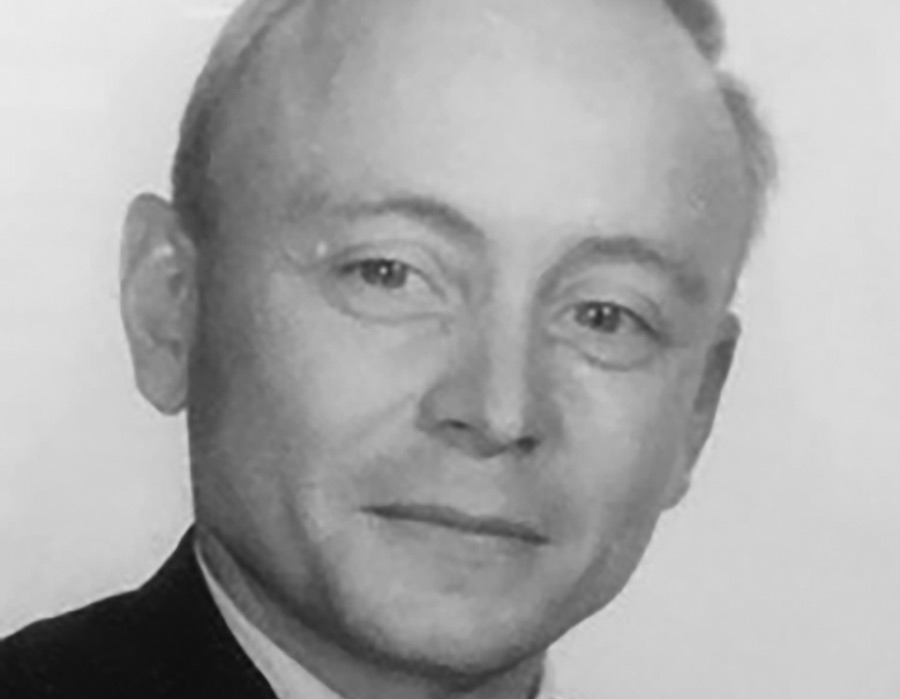
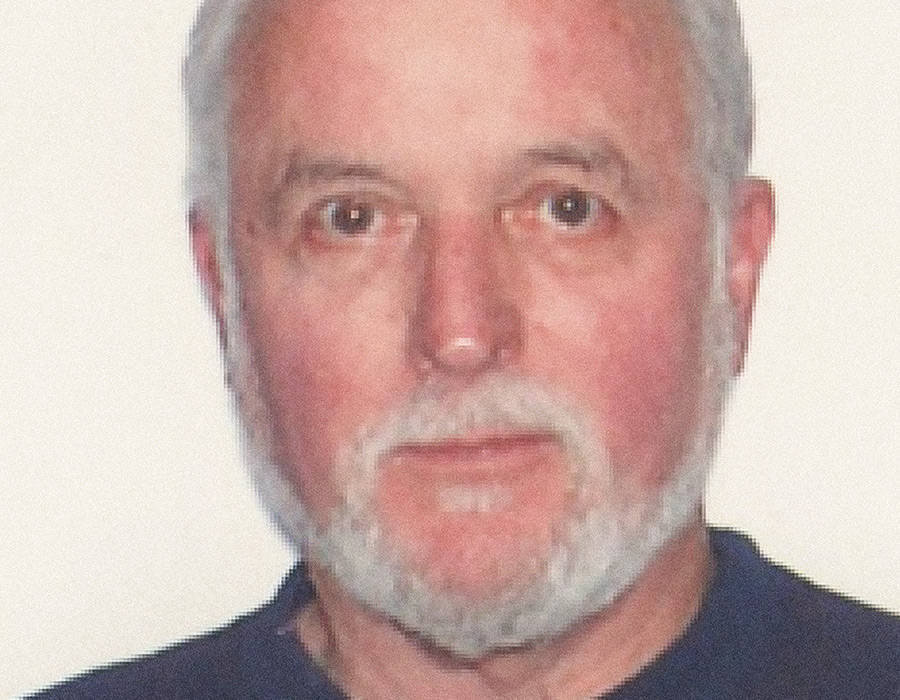
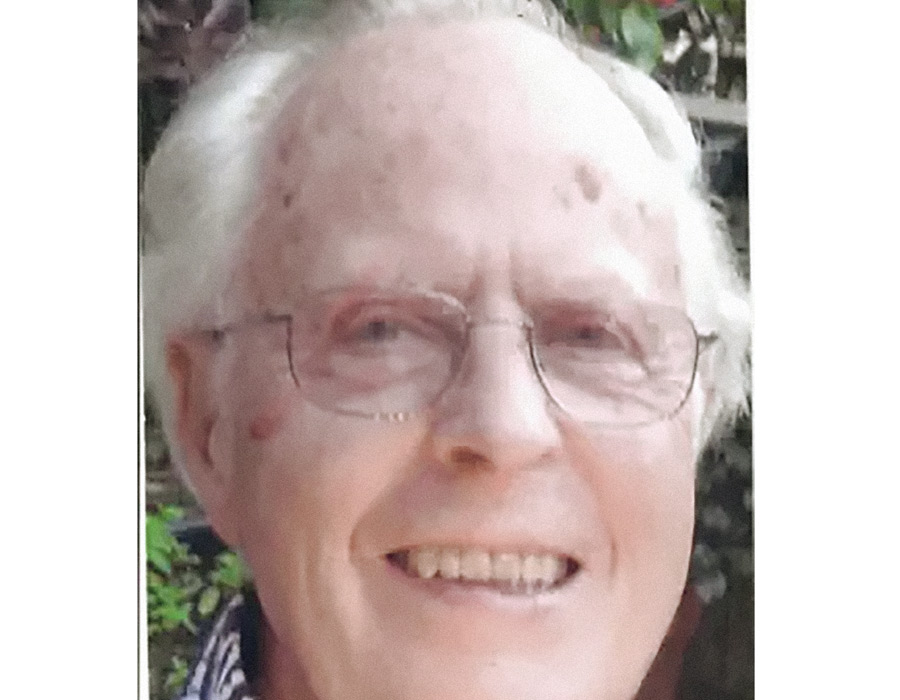

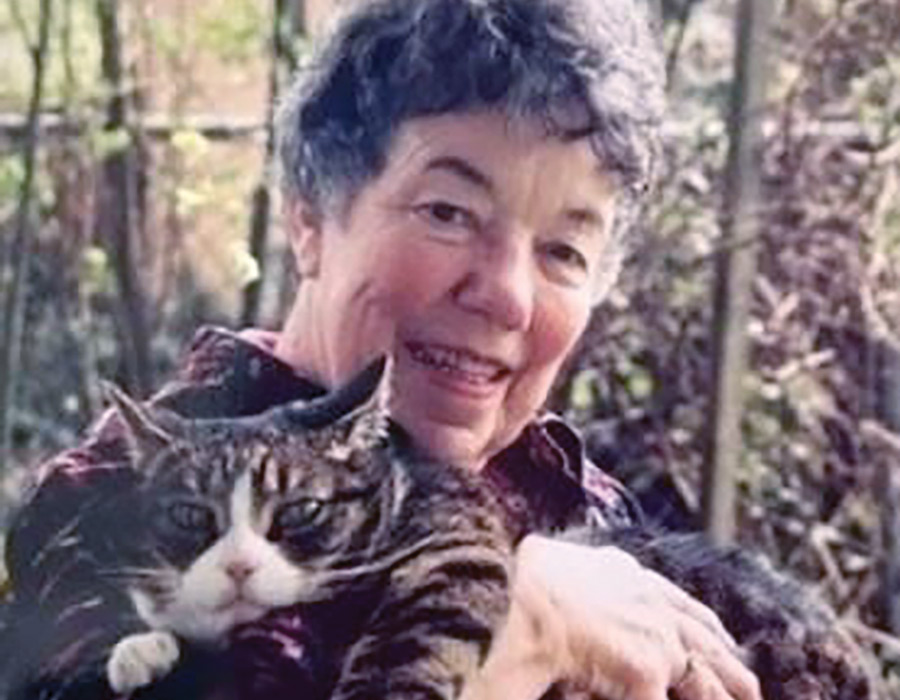
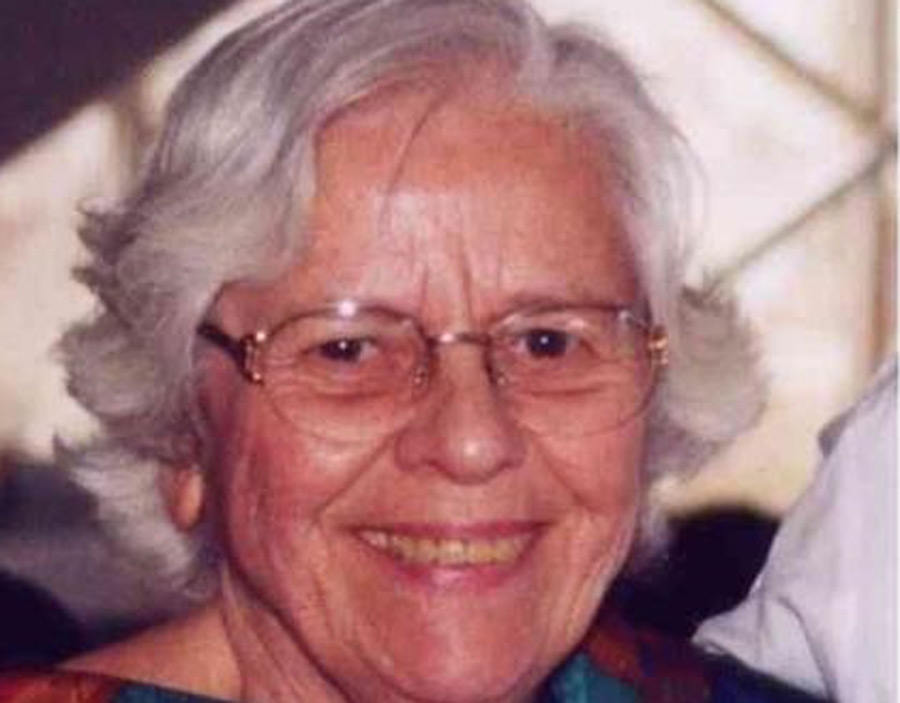
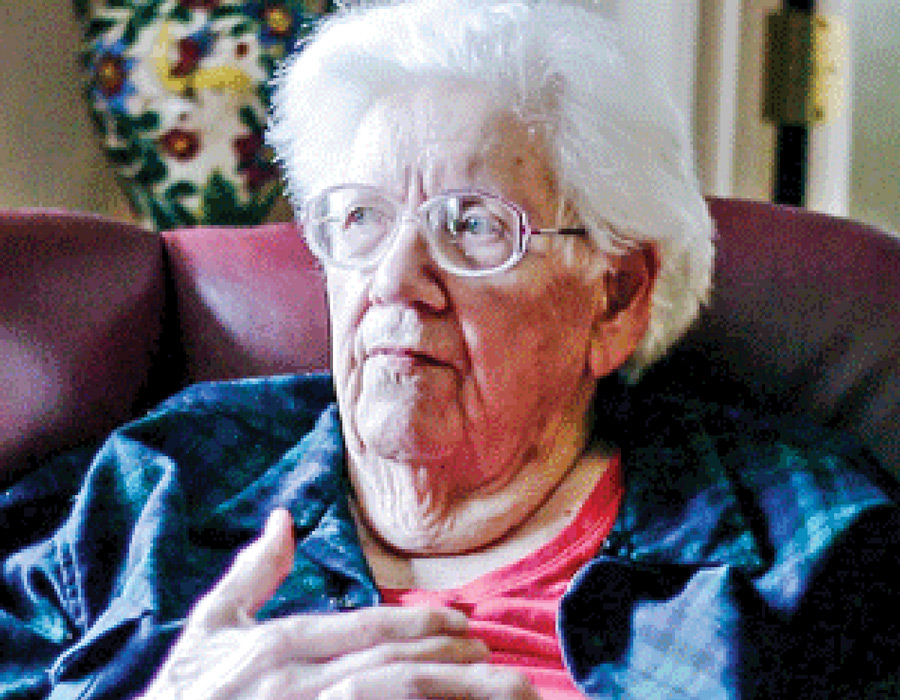





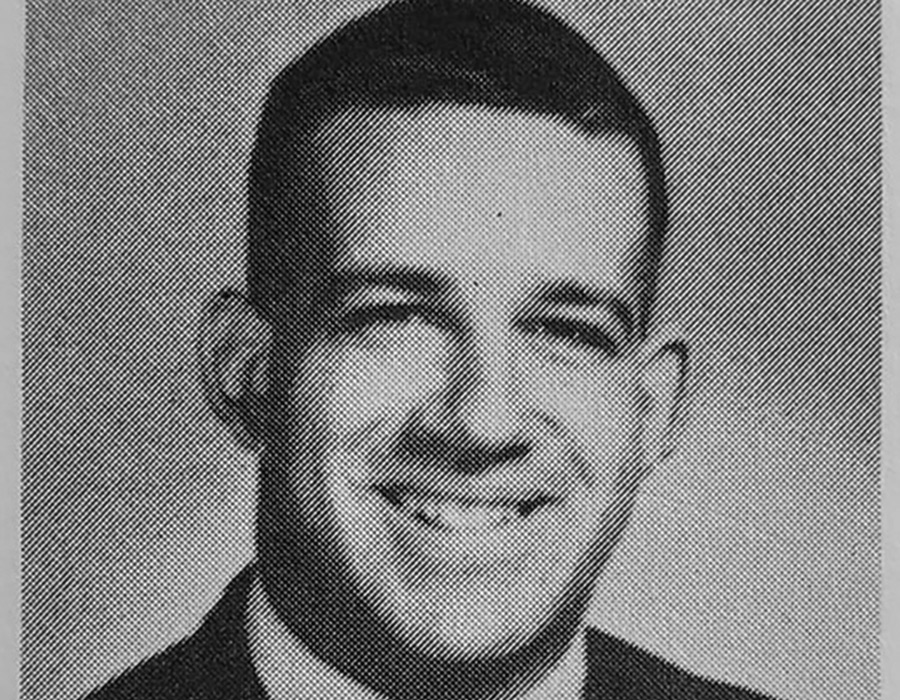

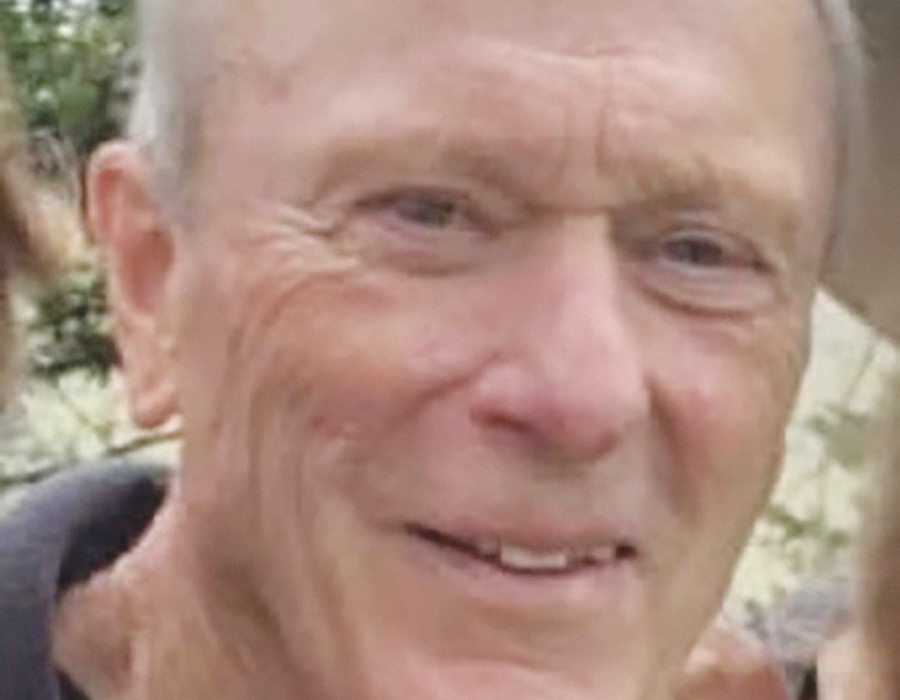
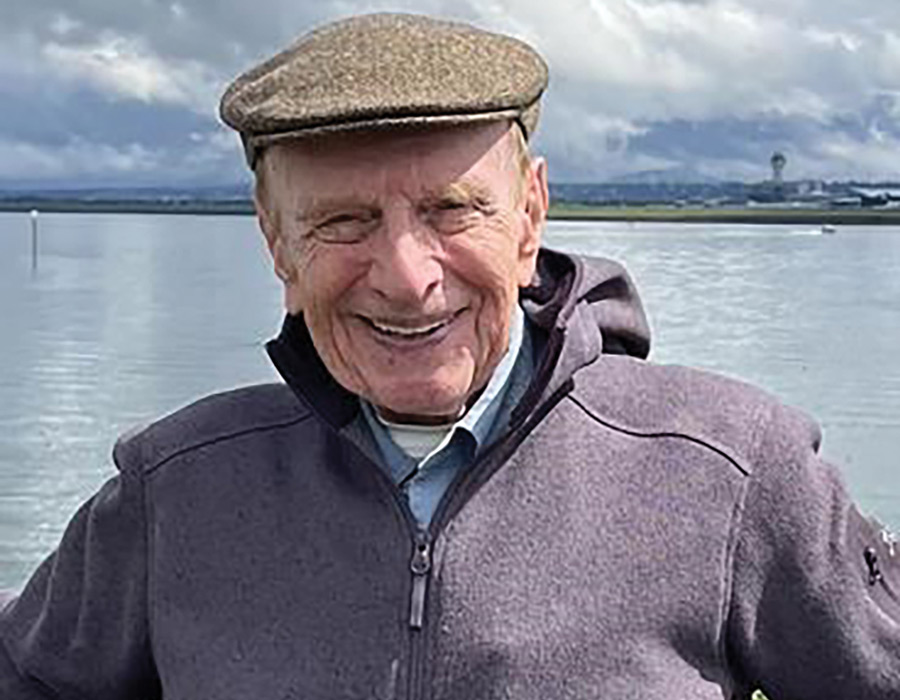
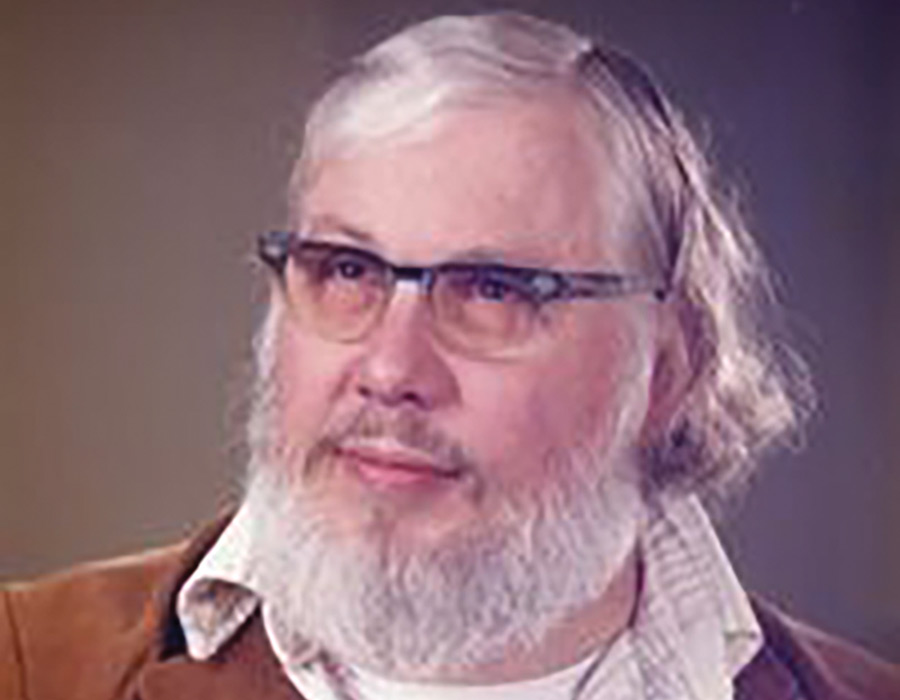
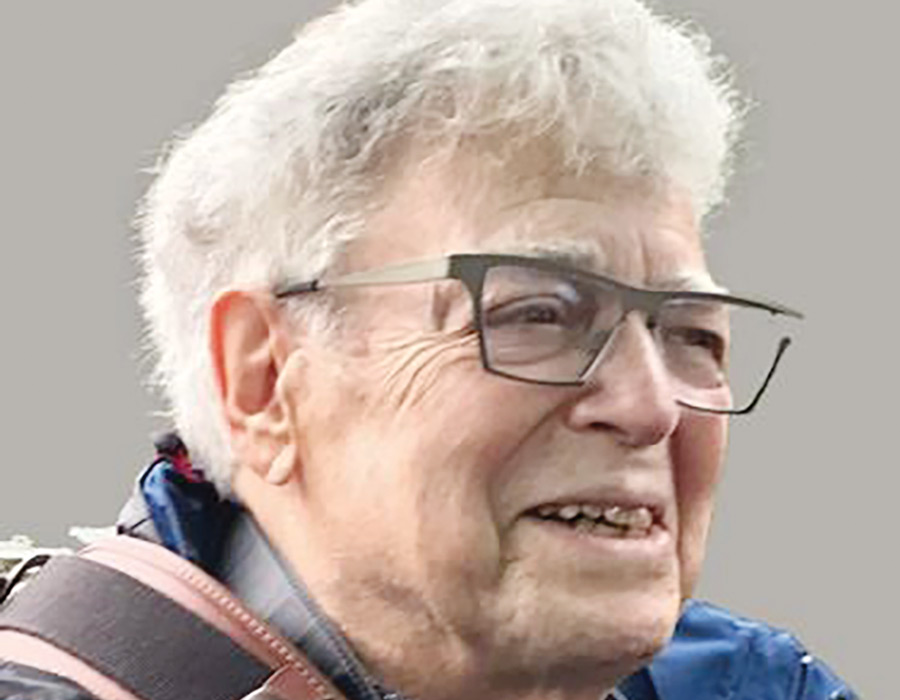

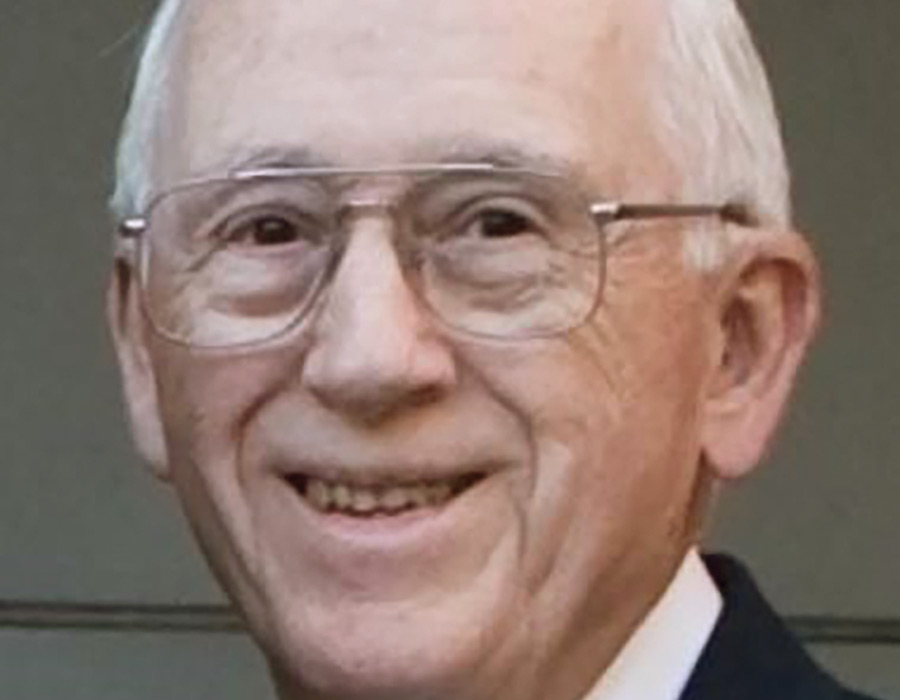

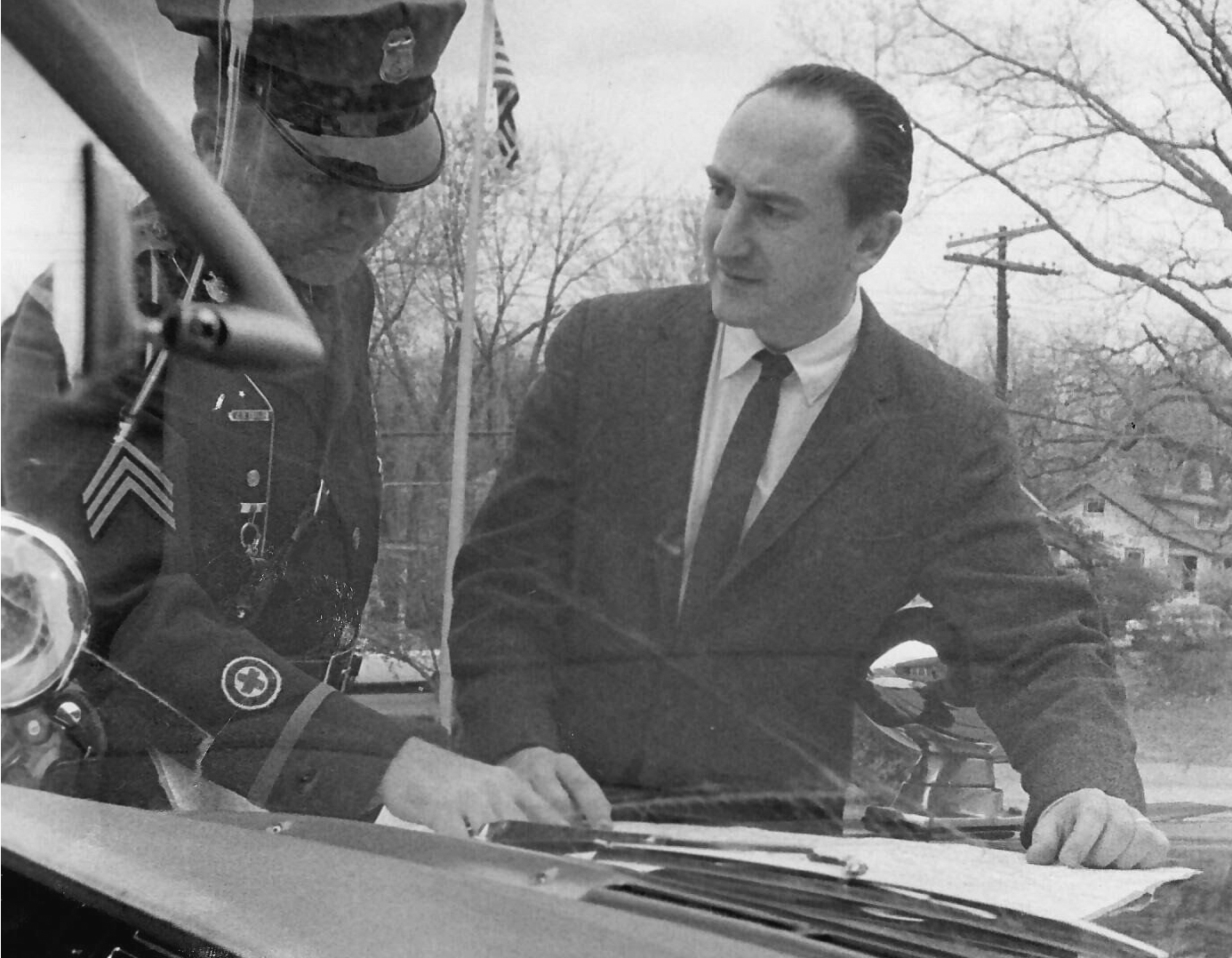

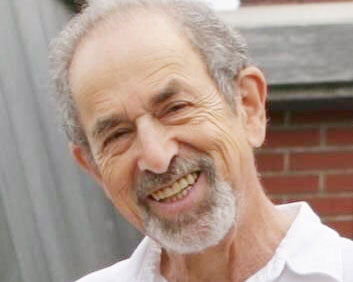



![Photo of Prof. Marvin Levich [philosophy 1953–94]](https://www.reed.edu/reed-magazine/in-memoriam/assets/images/2022/LTL-levich1.jpg)
![Photo of President Paul E. Bragdon [1971–88]](https://www.reed.edu/reed-magazine/in-memoriam/assets/images/2020/Bragdon.jpg)
![Photo of Prof. Edward Barton Segel [history 1973–2011]](https://www.reed.edu/reed-magazine/in-memoriam/assets/images/2020/Segel.jpg)








































































